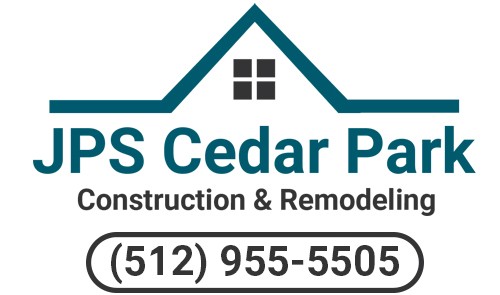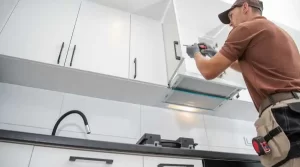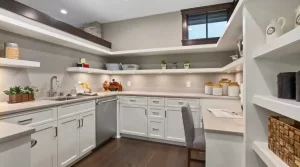Which is superior, quartz or granite? Whenever they begin their remodels, our clients usually ask us this question. The benefits and drawbacks of each of these popular kitchen countertop materials will be examined.
GRANITE
Pros:
Initially, longevity Granite has always been the material of choice for countertops. It is respected and appealing to all. If you know you’ll be moving soon, granite is a lovely addition that prospective buyers enjoy seeing. Check this out.
Broad slabs are a possibility. Granite slabs come in a broad variety of sizes and forms, however, slabs wider than 70 inches are more common (quartz slabs are seldom larger than 65 inches wide). When remodeling your kitchen, wide slabs are particularly helpful because there will normally be less seaming.
3. The price may be lower. Without a doubt, selecting a pricey, unique granite will raise the cost above that of quartz. Another advantage of granite is that, depending on your needs, there may be less expensive options.
4. Gorgeous scenery. Granite is a naturally occurring stone with distinctive patterns and textures. You can really design your home because each slab is unique. There won’t be another granite slab like yours anywhere!
Cons:
1. It is firstly permeable. In contrast to other stone substitutes, granite is not naturally moisture-resistant. It is advisable to clear up spills and water stains as soon as possible in order to prevent stains on your counters. Because quartz is a developed material that is nonporous and better able to endure prolonged moisture contact, most spills don’t require immediate cleanup.
2. Further maintenance is required. Granite does not require a lot of maintenance, although requiring a little more than quartz does. Granite needs particular cleaning methods and cleaners, as well as resealing every so often (every two to five years).
3. Many motifs are really “busy.” The obvious pattern movement of the granite appears to be either adored or despised by people. The best material to use if you want countertops with less patterning is probably quartz.
It is brittle. Never undervalue granite’s durability. It fractures far more commonly after installation than quartz does. Most installers may patch in cracks in order to save money on a new slab, but this can make your project take longer.
QUARTZ
Pros:
1. Requires little maintenance. Quartz does not require sealing, while not being as susceptible to spills and stains as granite. When using a specific product on quartz, be sure to always check your manufacturer’s cleaning and care instructions because some chemicals could make it react poorly.
2. More resilient than natural stone Although it is not impervious to them, quartz is about as scratch- and stain-resistant as countertops can go. Since it was produced, it is nonporous and less likely to get stained. Also, the use of resins and polymers throughout the production process makes it more difficult for them to break or crack once installed.
It has popularity. Quartz is a key selling point for purchasers and offers a larger return on investment if you plan to sell your property in the future.
4. It offers dependable, uncomplicated styles. Because of its dependable, constant color, quartz is a fantastic option for almost any kitchen! If you want a countertop that resembles granite but isn’t overly “busy,” choose this one.
Cons:
1. The price is higher. Less maintenance and greater strength typically lead to an increase in price.
2. It is not ideal for outdoor installations. Most of the time, quartz can endure heat, however, it shouldn’t be used outside. Its surface will gradually erode and fade from exposure to the sun, unlike granite, which is more resistant to sunlight and other environmental influences.
3. The appearance of color-matched slabs is constant. Quartz slabs have a consistent, predictable appearance. If you want a countertop that is genuinely unique, quartz is not the right material to use.
4. The item is not genuine. Quartz is durable and innovative, but it will never be completely natural or unique.
Hence, which is better: granite or quartz? Given that we’re a divided team, we’ll let you decide.






